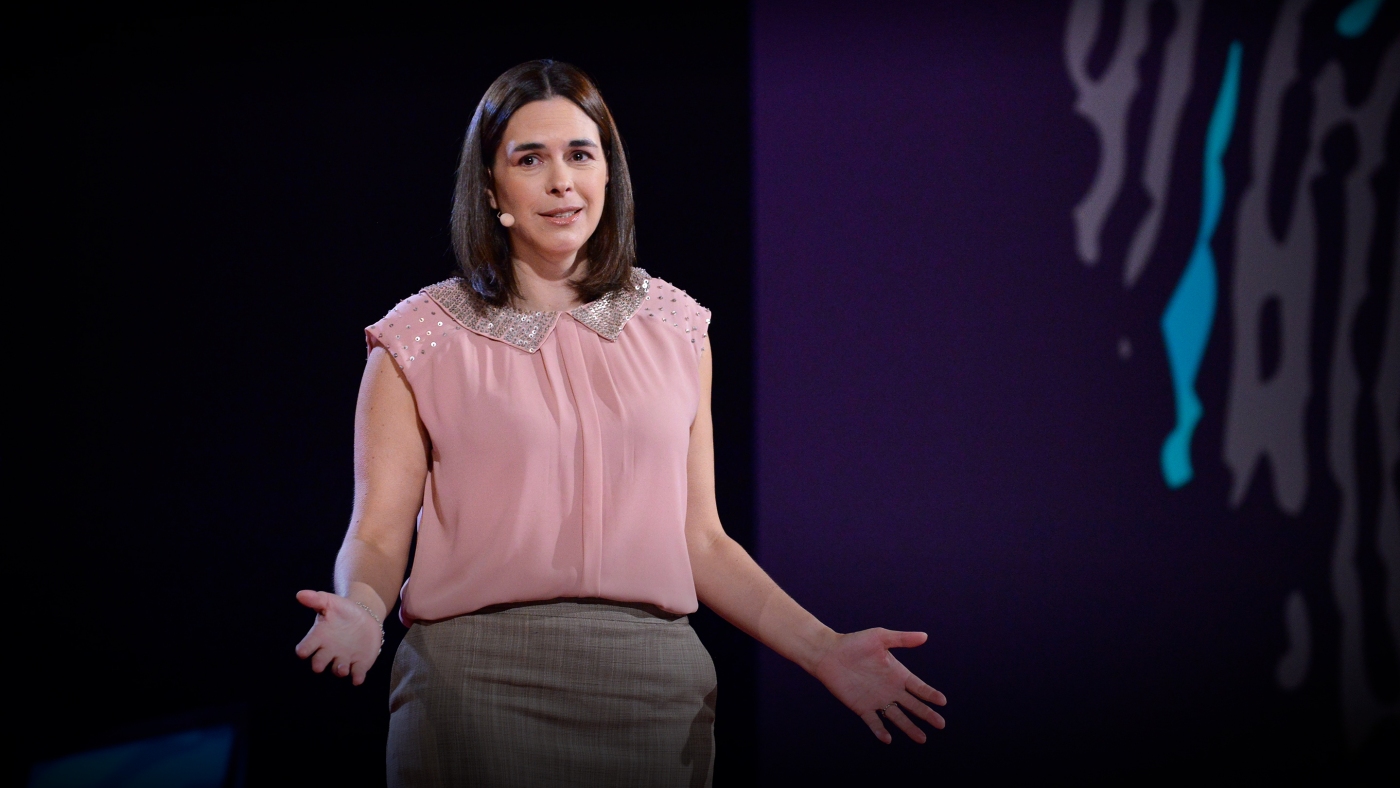Half 1 of the TED Radio Hour episode Sports activities psychology for on a regular basis life
Choking, whiffing it, the yips. For each spectacular efficiency in sports activities historical past, there’s an instance of a highly-skilled athlete who folds below strain. And it’s not simply sports activities: we additionally may freeze up throughout a presentation, an vital recital or an enormous speech. However what occurs in our brains throughout these high-stakes moments?
Succeeding when nobody’s wanting
“I outline choking as performing worse than you anticipated due to the state of affairs and its penalties,” says Sian Beilock, president of Dartmouth Faculty and a cognitive scientist who research how we deal with strain.
As a graduate scholar, Beilock was a part of a research that invited college-level {and professional} golfers to a lab—outfitted with a placing inexperienced—as a way to put them below various ranges of strain.
Beilock’s group noticed that golfers who carried out properly within the experiment typically couldn’t recall the small print of what they did within the second of motion. They have been performing on autopilot, slightly than intently targeted on the mechanics of their stroke.
However, golfers who carried out poorly have been intently monitoring every step of their swing.
“Counterintuitively, one of many causes individuals flub below strain, particularly in athletics, is they begin paying an excessive amount of consideration to their efficiency, issues that ought to simply run on autopilot,” Beilock says.
When paying an excessive amount of consideration backfires
In recent times, Beilock’s analysis group studied this phenomenon of over-attention, which they name “paralysis by evaluation.” In one other research, they requested school soccer gamers to dribble whereas specializing in what aspect of the foot was contacting the ball. This led to gamers performing slower and making extra errors.
Over-attention additionally pops up in on a regular basis conditions, like focusing too intently on a phrase as you converse or watching your steps as you stroll down the steps.
“Lots of it comes right down to the prefrontal cortex, that entrance a part of our mind that sits over our eyes and often helps us focus in constructive methods,” Beilock stated in a 2017 TED Discuss. “It typically will get hooked on the unsuitable issues… The tip result’s that we really screw up.”
Let your mind take over
Beilock has just a few easy hacks for stopping over-attention from getting in the best way of our efficiency potential.
First, apply is vital.
Whether or not getting ready to ship a marriage toast or sit for the SAT, Beilock recommends training below the circumstances by which you’re going to carry out. “You bought to make your self just a little nervous,” she says. “Even training in entrance of a mirror, it will increase self-consciousness so that you’re able to go if you’re on the massive stage or it’s that massive day.”
Second, choose a mantra to get you thru powerful moments.
With a purpose to distract your self from overthinking, Beilock suggests selecting a track or key phrase to concentrate on slightly than dwelling on the small print of what you’re doing (Bielock’s personal soundtrack is Take It Straightforward by the Eagles).
Lastly, Beilock means that we belief our brains to execute what we’ve educated ourselves to do. In accordance with her analysis, working outdoors of aware management typically results in the perfect outcomes.
“Probably the most thrilling a part of my work is displaying which you can get higher at issues with apply and you may discover ways to carry out and lead in numerous conditions,” Beilock says. “The concept you are not born a choker or a thriver, that everybody has to apply and that is how you’ll be able to present what you realize when it issues most, I feel, provides me hope.”
This digital story was written by Chloee Weiner and edited by Rachel Faulkner White. The audio model was produced by Katie Monteleone and edited by Sanaz Meshkinpour. You’ll be able to observe us on Fb @TEDRadioHourand e-mail us at TEDRadioHour@npr.org.

